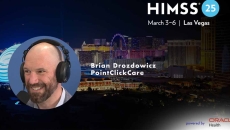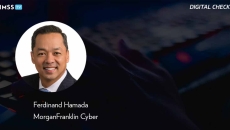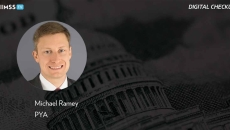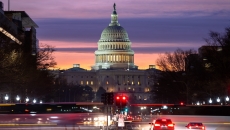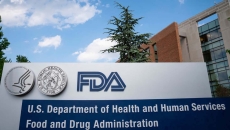Public Policy
HIMSS25
While the change of administration means federal regulations and funding remain in flux, PointClickCare's Brian Drozdowicz believes healthcare vendors and organizations are making strides in improving interoperability.
The updates are a refresh to put more onus around payers/providers to mature their cybersecurity program, says Ferdinand Hamada, managing director of the healthcare, pharma and life sciences sector at MorganFranklin Cyber.
HIMSS25
Jonathan French, HIMSS' senior director of public policy, lays out the key points of HIMSS' response to the White House's request for information from the public on developing an AI action plan.
Michael Ramey, managing principal of Strategic & Transaction Solutions at PYA says due to changes in the FTC's new premerger notification rules, he's advising clients to be prepared to disclose more information and undergo greater scrutiny.
If some cuts to NIH and other research programs extend deeply and are rolled out in a disorganized way, they have the potential to compromise biomedical innovation in the United States, says Vik Bajaj, cofounder and CEO of Foresite Labs.
Two new memos update federal AI policy, which the White House says will accelerate innovation, strengthen public trust and prioritize U.S.-developed AI tools.
The Health Tech Investment Act would establish a reimbursement pathway for FDA-cleared AI-enabled medical devices.
Proposed updates to the HIPAA security rule are specific around the required technical controls and present challenges regarding implementation in a timely manner, says Garrett Weber, Akamai Technologies field CTO for enterprise security.
Ben Wolf, partner in Alston & Bird's Health Care Group, told MobiHealthNews how FDA staffing cuts could slow device approvals and what companies can do to stay ahead.
The judge ruled that the FDA overstepped its authority by regulating LDTs as medical devices, overturning the rule and remanding it to the HHS Secretary for review.
